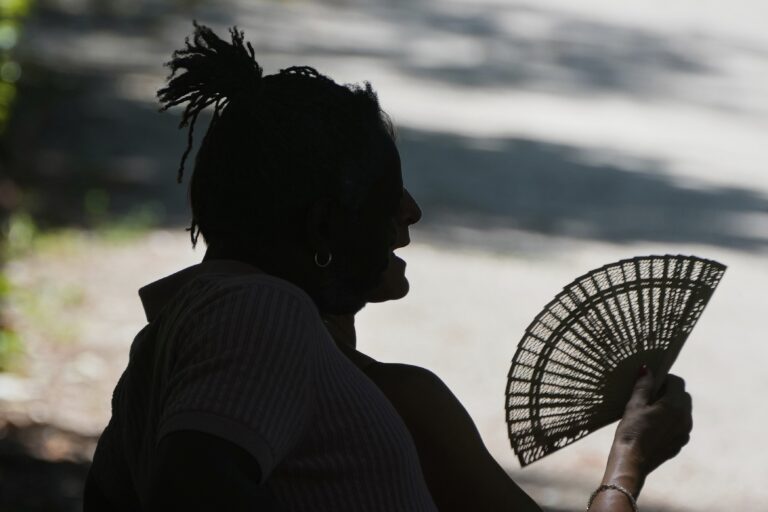Around 2,300 people died in 12 European cities due to an extreme heat wave that hit the region from June 23 to July 2, a rapid scientific analysis has found. Researchers also estimated that roughly 1,500 of those deaths, or 65%, were attributable to anthropogenic climate change. “Climate change has made it significantly hotter than it would have been, which in turn makes it a lot more dangerous,” Ben Clarke, a researcher at Imperial College London, told Reuters. The heat wave, which hit most of Europe and northern Asia in June and early July, was found to be 2–4° Celsius (3.6–7.2° Fahrenheit) hotter during the 10-day stretch than it would have been without fossil fuel-driven climate change in 11 of the 12 cities evaluated. The study’s authors looked at a dozen large metropolitan centers in Europe, including Rome, London, Paris and Frankfurt, and found that only Lisbon experienced a smaller climate-driven increase, of less than 2°C (3.6°F). Data on the actual number of observed deaths during the heat wave weren’t officially available at the time of the analysis, so the researchers estimated excess heat-related deaths that may have occurred during the 10-day period by using epidemiological models that establish the relationship between heat and deaths as well as historical mortality data. They estimate there were 2,305 excess heat-related deaths during the heat wave, with 1,504 deaths attributable to climate change. More than 80% of the deaths were estimated for those older than 65 years. While heat-related deaths tend to be…This article was originally published on Mongabay
Search
Recent Research
Want your Blog Article featured on our website?
Research
Featured News
Explaining Katsina’s Massive Leap to 2nd Position in the 2025 Climate Governance Ranking
In 2024, during the first edition of the Subnational Climate Governance Performance Rating and Ranking,
COP30: Firm to connect institutions with international climate finance opportunities
SISTME, a climate change and biodiversity conservation consulting firm based in Argentina, has offered to
From resistance to planetary governance, Indigenous women redefine global climate action
While world leaders negotiate behind closed doors in the Blue Zone of COP30, Indigenous Women
Sahara Group Foundation launches 16th Sahara Go Recycling Hub to boost environmental sustainability, economic empowerment
Sahara Group Foundation, the corporate social impact arm of Sahara Group, has commissioned its 16th
Climate finance is the lifeblood of climate action – Simon Stiell at COP30
Remarks delivered by UN Climate Change Executive Secretary, Simon Stiell, at the third High-Level Ministerial
UNDP, REA, GEF commission Plateau solar mini-grid to power agricultural value chains, empower rural communities
The United Nations Development Programme (UNDP), in partnership with the Rural Electrification Agency (REA) and
COP30: Africa urges world leaders to turn pledges into action
Africa has called on the world leaders to turn their pledges into action regarding the
Thousands join global marches calling on govts at COP30 to deliver climate justice
An estimated 30,000 people marched through the Brazilian city of Belém on Saturday, November 15,


